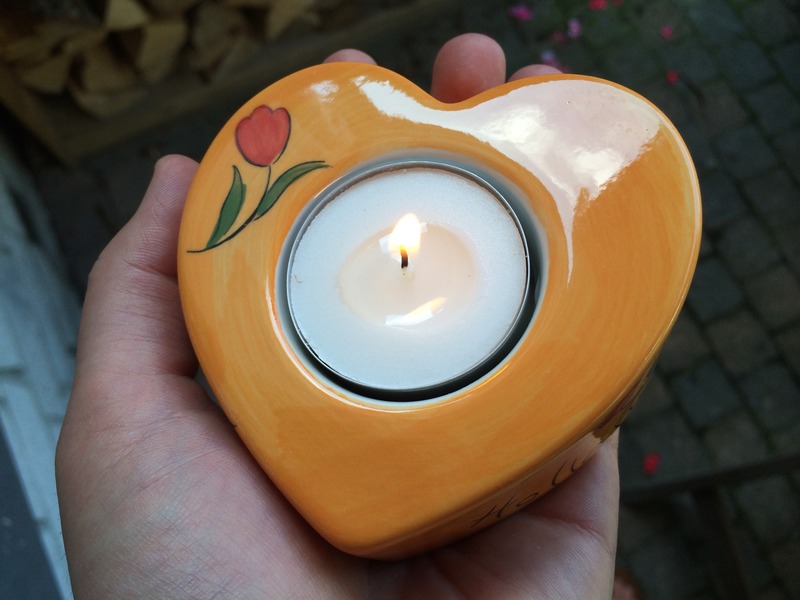People experience terrible things every single day. Bad news from a doctor or unwanted phone calls at night are dreadful experiences, but for the whole society they are like single water drops in the ocean. Public tragedies such as an air crash or a terrorist attack affect vast numbers of people throughout the world in a specific way.
Public tragedies create so-called collective compassion. Media reports, particularly television, bring about emotional proximity by showing scenes of the tragedy. We are touched by an event in similar ways as others around the globe, even with no direct involvement in the tragedy. We cry with our hands clasped over our mouths, we want to reach out and hold someone’s hand. So many times yet we are doing this in front of a TV screen.
Public tragedies push us to rethink how we perceive the world and our expectations of safety. Usually we assume that the world around us is relatively safe. We recognize that bad things happen "out there", but we believe that "our world" is good and safe. We hope that misfortune and tragedy will not pass our way. When these basic assumptions tremble in the face of a public tragedy, we are left confronting an unpredictable world with shattered internal guidelines.
New tragedies can open old wounds. People that already have unresolved grief in their lives or who have experienced traumatic grief in the past might experience so-called secondary grief. When something, such as news reports of a terrorist act, triggers the feelings of loss, some individuals experience real grief, even if they personally don’t know the victims.
What can help you to recover from public tragedy?
-Seek out support. One of the most important factors that help to heal from loss is the support of others. Even if you do not like sharing emotions with people, it is helpful to look for someone to talk through the tragedy and share how it is affecting you.
-Moderate your news intake. Pay attention to your emotions after watching the news on TV or reading the newspaper. If you start feeling worse, try to limit your news consumption.
-Do something kind. It does not matter what you do, but take a minute to do something good or kind for someone else each day. There is something naturally therapeutic about acts of kindness. They can help you to balance out negative emotions in times of publicized sorrow.
-If you find it possible, participate in memorial services, bring candles or flowers. By just being out there you will be comforting not only the grieving families but all of us who are grieving the loss in our own personal ways.
Lina Butkute
Expat psychologist, www.internationalcounseling.nl
















